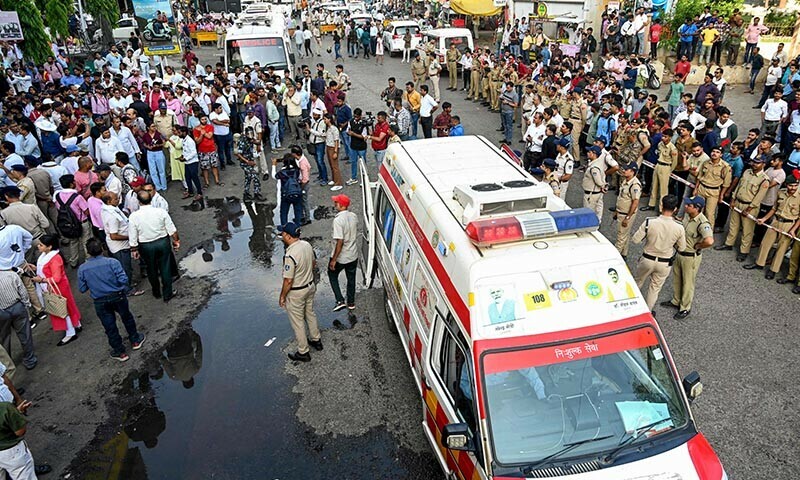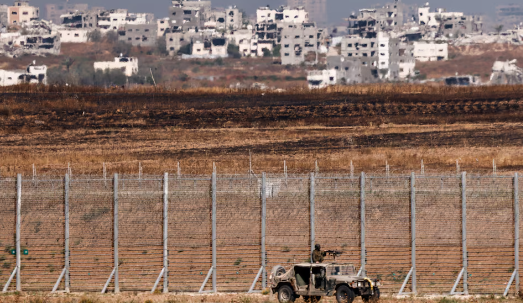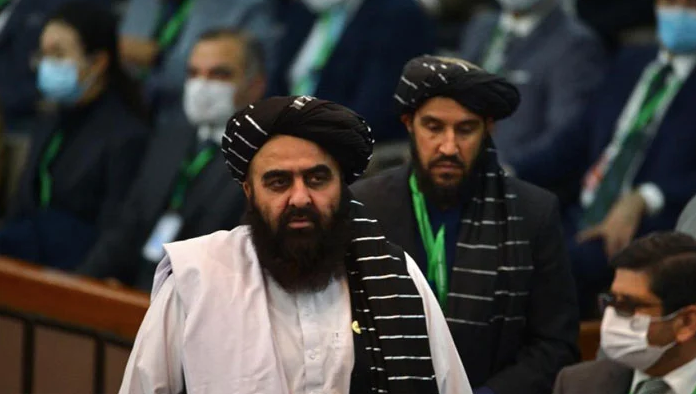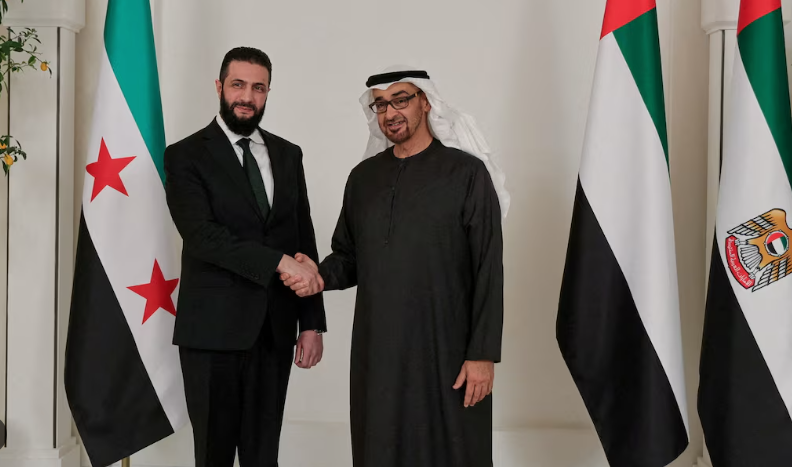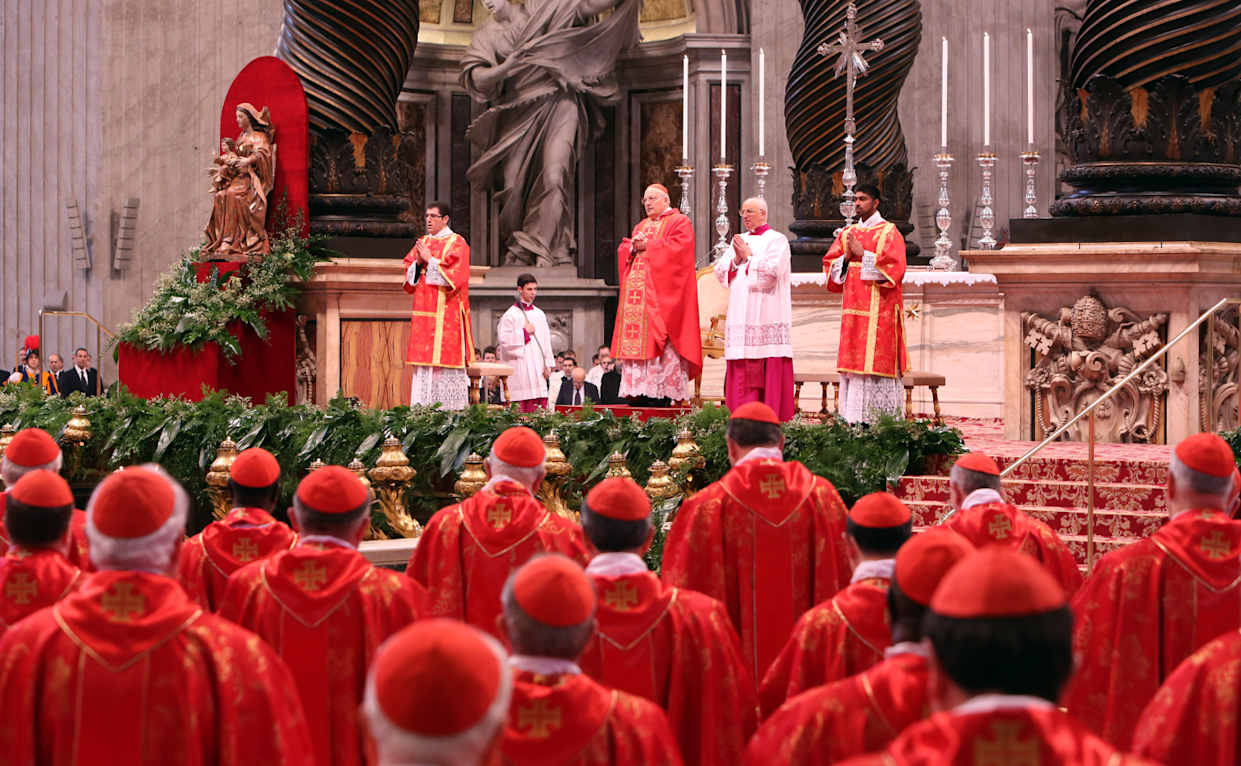WORLD NEWS
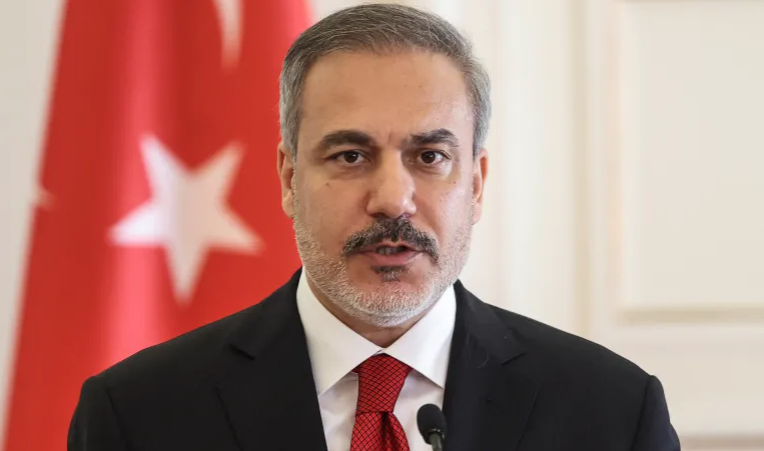
Turkiye has escalated its rhetoric, threatening military action against Kurdish forces in Syria unless they accept Ankara’s terms for a “bloodless” transition following the recent overthrow of Syrian President Bashar al-Assad. In a statement on Tuesday, Turkish Foreign Minister Hakan Fidan warned that Turkiye would “do what’s necessary” if the People's Protection Units (YPG), a Kurdish militia group in Syria, fail to meet Ankara’s demands for their removal from Syrian soil.
Fidan’s comments came after a significant shift in the Syrian conflict, with the opposition rebel forces overthrowing al-Assad last month, opening the door for Turkiye to exert greater influence in Syria’s future. The YPG’s presence, which Turkiye sees as linked to the Kurdistan Workers' Party (PKK), remains a critical issue for Ankara’s national security.
The YPG and the PKK: A Longstanding Issue for Turkiye
The PKK, which has been engaged in a decades-long insurgency against the Turkish government, is regarded by Turkiye, the United States, and the European Union as a terrorist organization. The ongoing conflict with the PKK has resulted in more than 40,000 deaths. Turkiye considers the YPG, which has played a significant role in fighting against ISIS in northern Syria, to be an extension of the PKK, adhering to similar ethno-nationalist separatist goals.
For Turkiye, ensuring that these groups are not allowed to establish a foothold in Syria is seen as critical to its national security strategy. Fidan reiterated this stance in his comments, saying, “The international fighters who came from Turkiye, Iran, and Iraq must leave Syria immediately.” Turkiye is also calling for the PKK leadership to depart Syria, with a broader expectation that any remaining Kurdish forces will lay down their weapons and integrate into the new Syrian system.
Turkiye’s Military Options
Fidan did not shy away from the possibility of military intervention. He explicitly mentioned that a “military operation” could be on the table if the YPG does not comply with Turkiye’s demands. Although Fidan noted that Syria’s new interim government, which has Turkiye’s backing, could handle the YPG issue on its own, Turkiye has made it clear that it will not hesitate to act unilaterally if necessary.
“We did it in the past in Afrin, in Ras al-Ain, and in Tal Abyad,” Fidan said, referencing Turkish military operations in northern Syria. In those instances, Turkiye launched operations targeting Kurdish-held territories to prevent the YPG from establishing what it considered a terrorist state along its southern border.
The Role of the New Syrian Leadership
The recent political upheaval in Syria has resulted in the ousting of President al-Assad, and Turkiye has expressed its support for the new leadership. Ahmed al-Sharaa, the interim leader of Syria and head of the Hayat Tahrir al-Sham (HTS), an Islamist rebel group with close ties to Turkiye, has made it clear that Kurdish-led forces should be integrated into Syria's national army to avoid further conflict.
Fidan indicated that Turkiye would be patient with the transition process, noting that discussions between the new Syrian leadership and the YPG are ongoing. However, the deadline for compliance is not open-ended, and Turkiye’s patience is wearing thin. Fidan stated, “We expect the new leadership to address the YPG issue, but we are ready to give it some time.”
The U.S. Factor
One significant complication in Turkiye’s calculations is the continued U.S. support for the YPG. The U.S. has relied on the Kurdish forces in Syria as a key ally in the fight against ISIS. This has created tensions between Turkiye and the United States, especially given Turkiye’s insistence that the YPG is an arm of the PKK.
When asked about the U.S. position, Fidan dismissed concerns, stating, “We did it in Afrin, Ras al-Ain, and Tal Abyad, and we will not hesitate to do it again.” Turkiye’s national security concerns, according to Fidan, leave them no choice but to take whatever actions necessary to ensure that Kurdish forces are removed from the region.
Global Reactions and What’s Next
As Turkiye prepares to take a hardline stance on Syria, the world is watching closely. The future of Syria remains uncertain, with new leadership emerging, and the influence of regional powers like Turkiye, Iran, and Russia poised to shape the country’s future.
For now, the key question is whether Turkiye’s threat of military action will prompt a shift in the dynamics between Kurdish forces and the new Syrian government or if it will lead to more direct conflict along Turkiye's southern border.
Conclusion
Turkiye’s position is clear: it will not tolerate the continued presence of the YPG in Syria and is prepared to take military action to achieve its goals. As Syria enters a new phase of leadership and Turkiye seeks to solidify its influence in the region, the situation remains precarious, with no easy solutions in sight.
